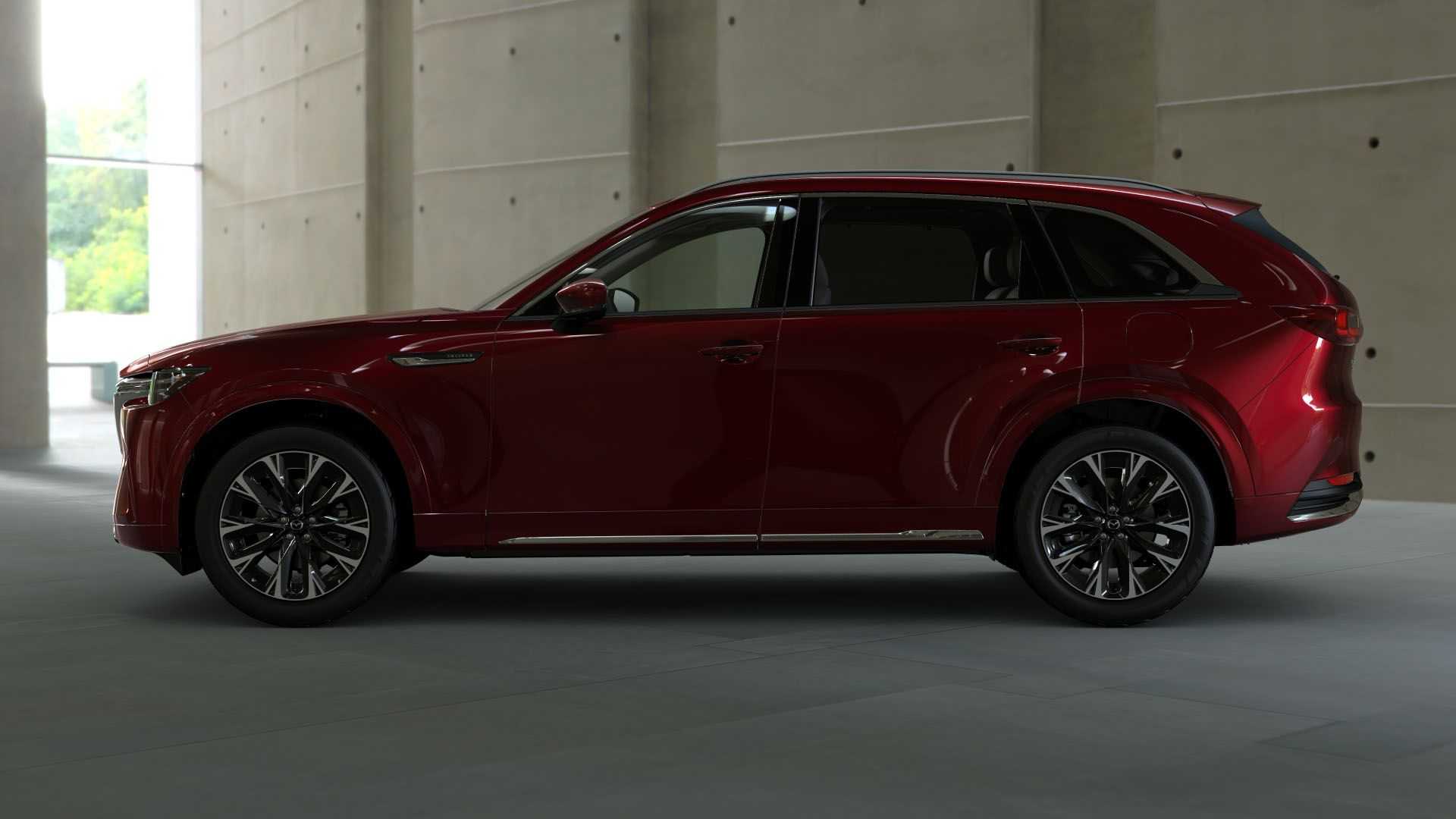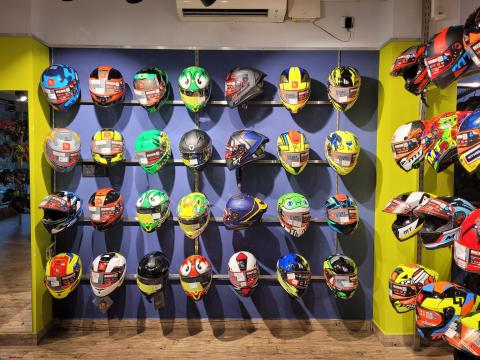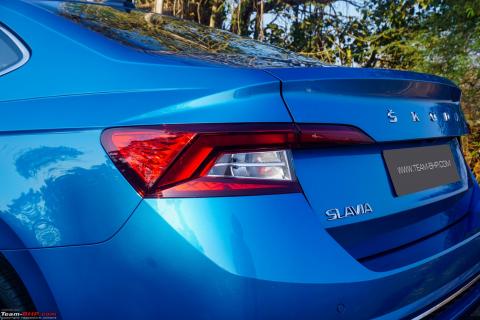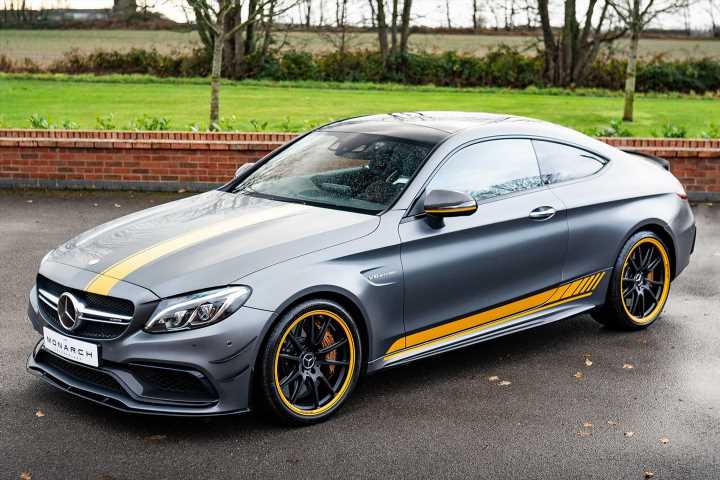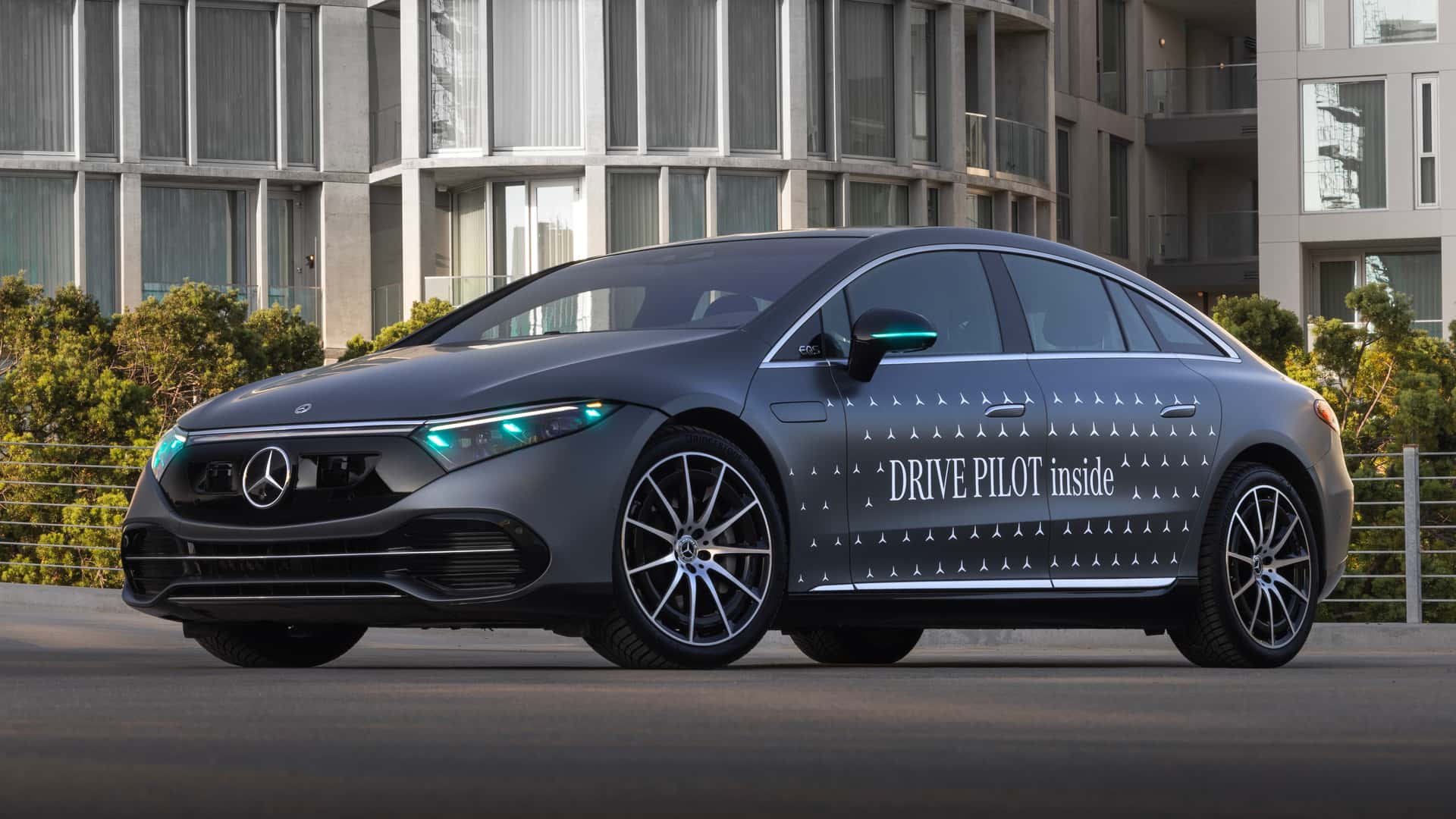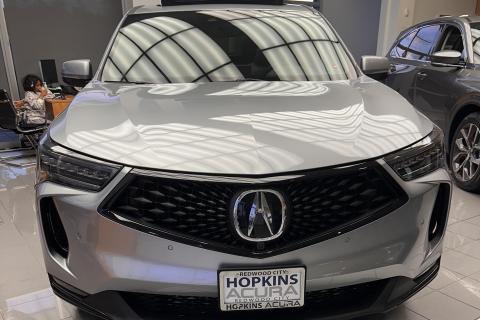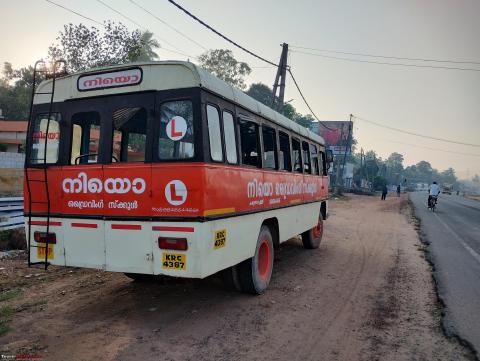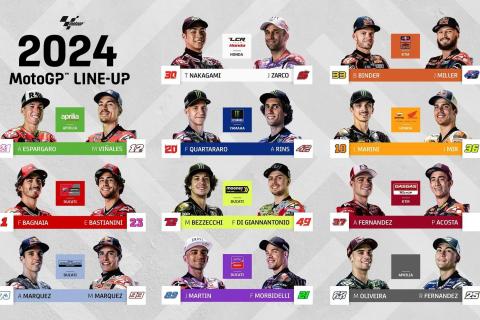In all seriousness, buying anything pre-owned requires a bit of diligent research. To put it in a nutshell, when buying a used car you want to ensure that the engine is running, is roadworthy, has some kind of service history, and has no rust unless you are looking for a project car.
Knowing what to look for and what to check can strongly improve your chances of taking home a good car. While the vehicle itself is in fact only one part of the purchasing process. Once you have come to the conclusion that this is the car for you then you still need to consider financing, insurance and warranty options.
Your Used Car Buyer’s Checklist
Before you jump into the fun part of shopping around, do a little research. Dive into an internet search to discover different makes and models. Find out what they offer in terms of reliability, resale value, and repair costs. Once you are doing the shopping in person you will want to take note of the following:
- Body Condition
Go over the outside of the vehicle and look for dents, scratches, and rust. Also, check that the doors and panels line up correctly. You’ll want to know if the vehicle has been put together poorly.
- Glass
Ensure that there aren’t any cracks in the back and front windshield. Over time these will become an issue and the glass will need to be replaced.
- Lights
Check that all the lights are working and that they do not have any cracks causing leaks.
- Tires
Generally, it would be wise to be cautious of cars that have low odometer readings with new tires. This may indicate that the odometer has been rolled back. Tires tell a lot about the vehicle so be sure that they are good tires as well.
- Odor
Get in the car and get a sense of what the odor is like in the car. You will want to make sure to not smell gas too easily or any other funky smells.
- Seats
The seats should be comfortable and not have major wear and tear. This may indicate either a car that wasn’t necessarily kept well or used very frequently.
- Pedals & Seat belts
Make sure the rubber on the pedals does not seem overly damaged and in good working order. The seat belts will require being checked as well to ensure they are not broken.
- Sound system
Everyone enjoys a little music or a podcast while driving. Check the sound and that the radio works.
- Under the Hood
Ask about the radiator, battery, hoses & belts, and fluids in the engine. Be sure to get information and perhaps even see the engine to see its condition. Ask about having a third-party mechanic look at the vehicle on your behalf.
If at all possible, take a friend with you to help you check the vehicle and gauge the attitude of the dealership. Lastly, a buyer’s guide must be posted with every used car sold which can usually be found in the rearview window. This guide will tell how the car is being sold including the warranty options.
Advantages of Buying a Used Car
Unlike years ago, cars maintain reliability for much longer and tend to offer fair deals for people on a tight budget or simply looking to spend wisely. Though new cars do have their own advantages, used cars have a great to offer. Here are just a few reasons why buying a used car could be advantageous:
- Immediate Savings
Used cars offer you the opportunity for immediate savings and even savings over the financing period versus buying new. You are generally able to find a really good deal on a used car that will fit your needs and your budget that will allow for savings or any upgrade. In the end you may find your need for financing to be less which creates a relatively stress free purchase.
- Lower Insurance Rates
New cars tend to have more expensive parts that are not as well circulated as used cars. The availability of parts and the fact that they are slightly older means that repairs are less expensive. In the end this means that your insurance premium will be less than that of a newer car.
- Minimized Depreciation
Cars suffer the greatest depreciation during the first 5 years. This is typically when the factory warranty is at its end and many people often trade in their vehicles once reaching this point. Used cars depreciate at a slower rate and so maintains the used car purchase price better than that of a new car on its new car price.
- Thriving Used Car Market
The world is becoming more involved in sustainability which has allowed for a great surge in the used car market. There are great options for buying from dealerships or online where vehicles have been thoroughly checked and sometimes restored. There are a great deal of car options available and people who are passionate about upcycling what has already been manufactured.
Extended Car Warranty Options for Used Cars
Some manufacturers have extended car warranty plans available to owners of a certified pre-owned vehicle. These warranty plans are typically either a powertrain plan or a bumper-to-bumper plan. They cover the most vital components of your vehicle and sometimes come with added perks such as roadside assistance.
If you have bought a used car out of warranty, consider a vehicle service contract from a third-party provider. With a vehicle service contract plan you can be sure that you will have the repairs covered for critical mechanical damage. On top of this you get great added benefits that include roadside assistance, trip-interruption services, and gas delivery services should you get stuck on the side of the road.
Chaiz offers a transparent extended car warranty solution comparison marketplace that is entirely online. Use the Chaiz search tool to find the best quotes for your car within minutes. No calls, no fuss.
